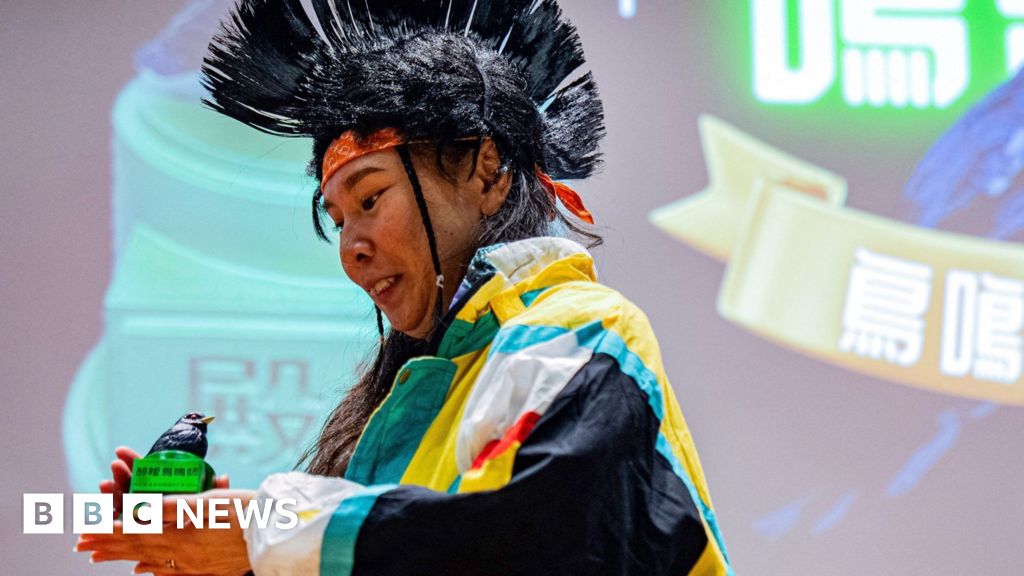In the bustling streets of Hong Kong, 52-year-old artist Luke Ching is not just a creative force but an advocate for workers’ rights. Recently, he spent an eight-hour shift at a local McDonald’s, busily cleaning tables, disposing of refuse, and handling customer orders. Yet, his primary aim in doing this menial job was not financial; instead, it served as a form of research to illuminate the struggles faced by individuals in similar positions across the city, which boasts one of the world’s steepest income inequality levels.
Ching's groundbreaking project, however, came to a dicey halt when he was terminated after criticizing McDonald's Hong Kong for abolishing paid meal breaks. Rather than retreat from his mission, Ching is continuing to assert that workers deserve better treatment. In a city where the avenues for political dissent have significantly narrowed, he stands firm on the principle of free expression regarding labor rights. “We have the right to express ourselves in public,” he stated, emphasizing the importance of speaking out against workplace injustices.
For more than two decades, Ching has effectively blended art and activism, creating campaigns that not only engage his audience but also provoke thought and action. His commitment to these causes has garnered him a loyal following, though he has also met criticism from detractors who dismiss his efforts as mere attention-seeking. Despite the challenges he’s faced, Ching remains resolute, embodying the belief that employees are deserving of recognition and respect, not just in terms of profit-making but as individuals with rights and voices that matter in society.

















